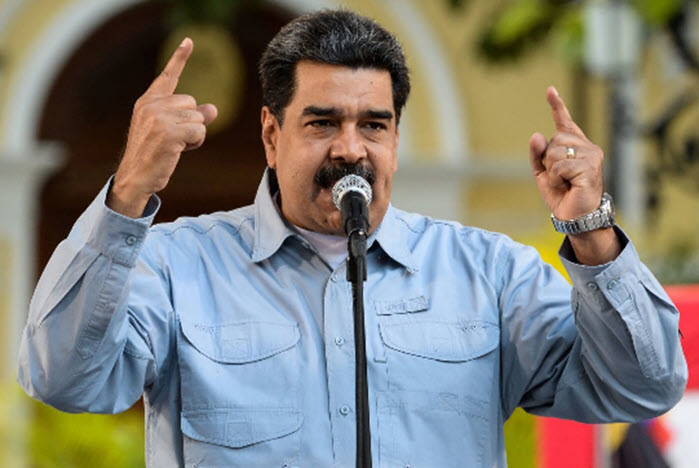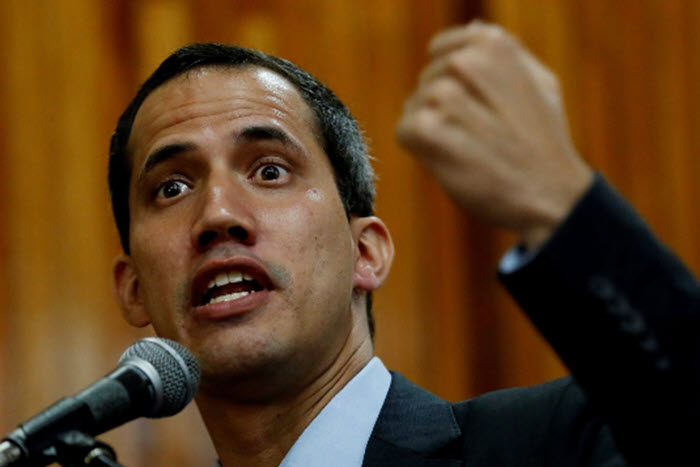Gonzalo T. Palacios, Kensington pens a letter to the editor at The Washington Post.
The Feb. 7 editorial “The way forward on Venezuela” told it as it is. “In December 1989, Panama was invaded. Dictator Manuel Antonio Noriega’s capture cost thousands of lives, including those of 23 U.S. service members. Venezuelan President Nicolás Maduro is not worth one life. The United States must not become a lead player in the Caracas drama.”
The Trump administration should remember: It isn’t the protagonist of Venezuela’s drama
President Trump reportedly has been concerned by the ongoing implosion of Venezuela since early in his administration. But the key initiatives that have led to the rise of Mr. Guaidó were taken by Canada and a dozen Latin American nations, which in 2017 formed the Lima Group to address the crisis. Last month, the group announced it would not recognize Mr. Maduro’s inauguration for a new term as president, because his election had been fraudulent. That inspired the Venezuelan National Assembly to unite behind Mr. Guaidó, whose subsequent declaration as interim president is grounded in the constitution.
The Trump administration joined those countries in recognizing Mr. Guaidó and has since taken powerful steps to strip the Maduro government of resources, including $7 billion in Venezuelan state assets in the United States and up to $11 billion in annual oil revenues — a sum that covers more than 90 percent of what the country spends on imports. It has supported Mr. Guaidó’s call for the armed forces to switch sides. It’s a high-risk strategy that could fail if the generals fail to respond and Mr. Maduro hunkers down with the support of Cuba, Russia, China and the handful of other governments that still support him.
That’s why the administration should work closely with the Lima Group and avoid separating itself from the regional consensus. Mr. Trump and several top aides stray from that consensus when they suggest that U.S. military intervention remains “an option,” as the president put it in an interview that aired Sunday. Not only has that course been rejected by the Lima Group, but also it is unrealistic; talk of it only alienates Latin Americans who otherwise support Mr. Maduro’s ouster. Similarly, U.S. rhetoric tends to focus on urging action by the Venezuelan military, while the Lima Group and European nations stress the need for a peaceful transition and new democratic elections. The latter is a better focus.
The Trump administration is pursuing the right course in supporting an attempt by the Guaidó administration to deliver desperately needed humanitarian aid. The effort, to which the United States has pledged $20 million, involves stockpiling supplies of food and medicine in Colombia, Brazil and a Caribbean location near Venezuela’s borders, in the hope that the military and security forces will allow it into the country for distribution. If that happens, Venezuelans will receive desperately needed relief, and the Maduro regime will be further undermined. If not, the dire shortages afflicting 30 million people will soon grow far worse, with unpredictable consequences.

